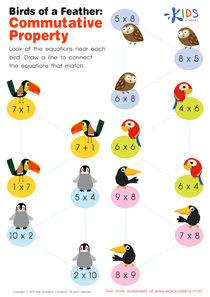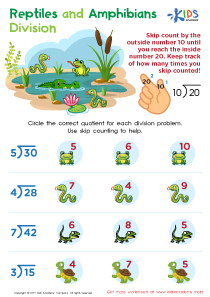Cognitive Development Grade 3 Geometry Worksheets
3 filtered results
-
From - To
Enhance your child's cognitive development with our engaging Grade 3 geometry worksheets, designed to promote critical thinking and problem-solving skills. Tailored for third graders, these worksheets cover essential geometry concepts, including shapes, area, perimeter, and spatial reasoning. By incorporating interactive activities and real-world applications, students will develop a deeper understanding of geometric relationships. Our resources encourage creativity while reinforcing foundational math principles. Perfect for classroom use or home practice, these worksheets aim to make learning geometry enjoyable and effective. Explore our collection today and empower your child to see the world through a geometric lens!
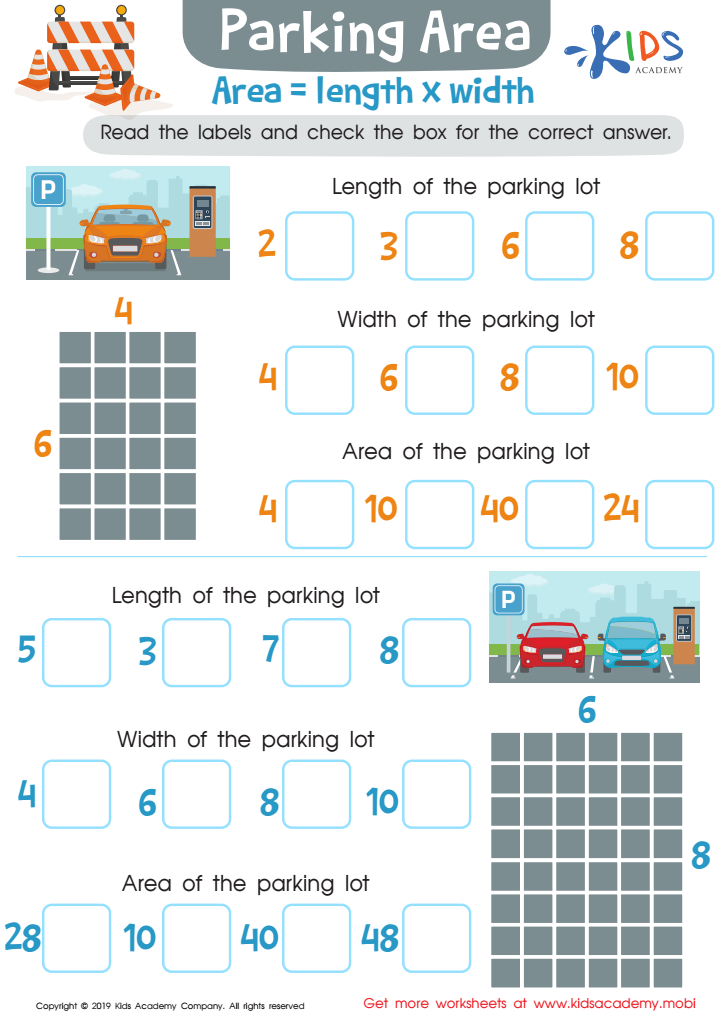

Parking Area Worksheet
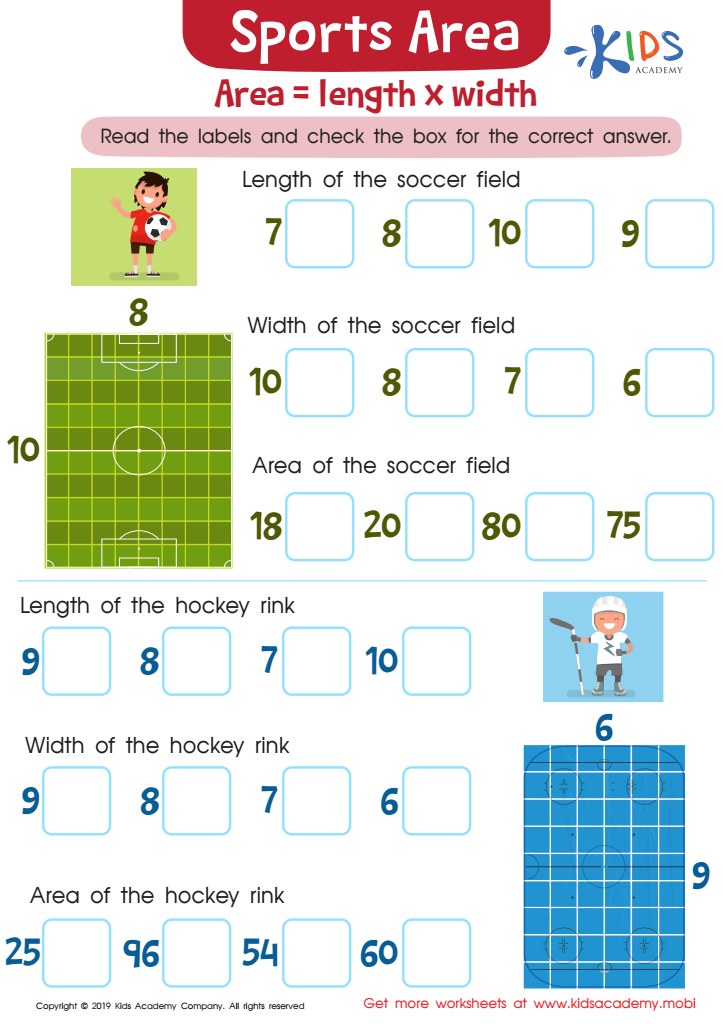

Sports Area Worksheet
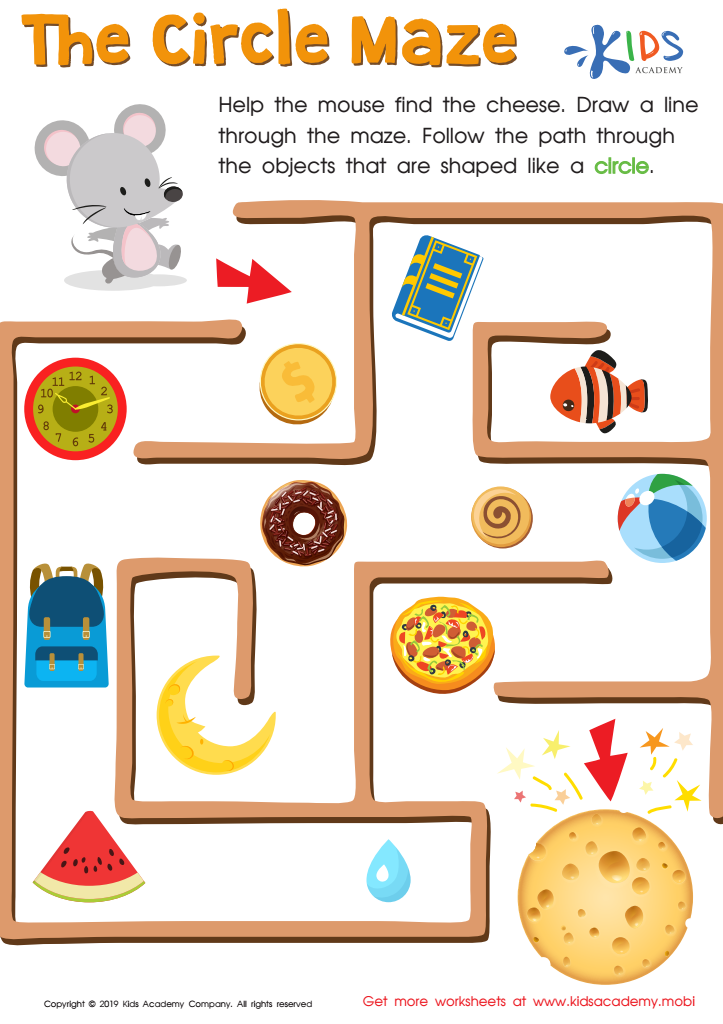

The Circle Maze Worksheet
Cognitive development in Grade 3 geometry is crucial for young learners as it lays the foundation for critical thinking and problem-solving skills essential for future learning. At this age, students begin to explore concepts such as shapes, measurements, and spatial relationships. Emphasizing geometric understanding not only helps children recognize and describe their environment but also enhances their ability to reason logically.
Parents and teachers should care about cognitive development in this area because it promotes active learning and engagement. Children who grasp geometric concepts can apply them across various subjects, including art, science, and math, fostering interdisciplinary connections. Additionally, nurturing these skills can help enhance a child’s mathematical skills overall, ensuring they build confidence and proficiency in future studies.
Positive reinforcement of geometry helps children develop spatial awareness and scientific reasoning, paving the way for higher-order thinking skills. Furthermore, geometric thinking fosters creativity, as it encourages exploring different ways to visualize and manipulate objects. Investing in robust geometry instruction ensures that children are well-equipped for advanced concepts in middle school and beyond, solidifying their foundation for lifelong learning and success in STEM fields. Therefore, both parents and teachers play a crucial role in supporting this essential aspect of early cognitive development.
 Assign to My Students
Assign to My Students










